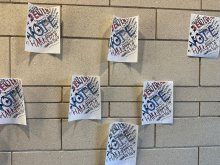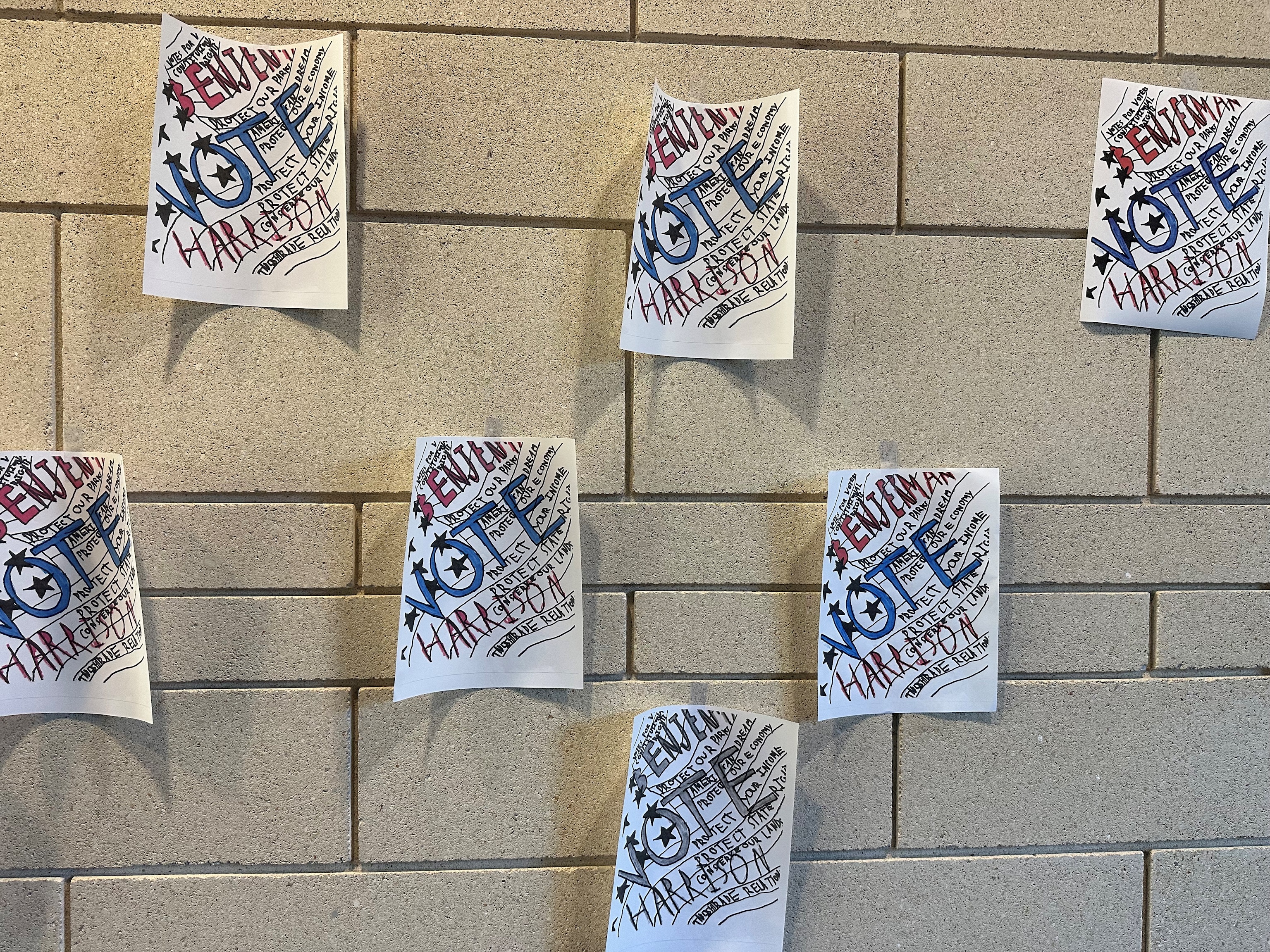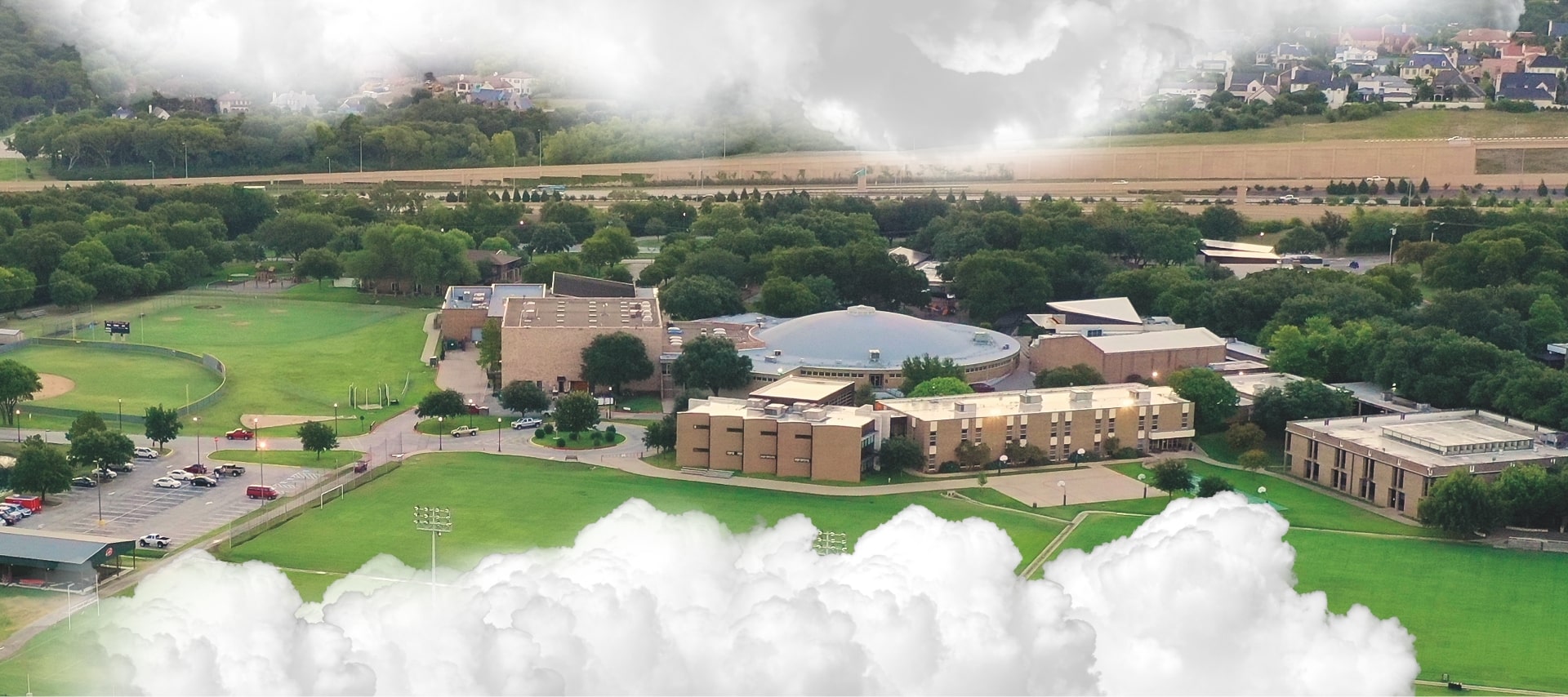FWCD Celebrates Democracy Day on September 25

Two years in the making, Democracy Day on Wednesday, September 25, will unite the School community in fostering democracy, promoting civility, and empowering future citizens. Through a variety of age-appropriate activities and speakers, students across all divisions will engage in an immersive experience designed to enhance their understanding of civic responsibility and democratic participation.
A key focus of the day will be on the practice of civil discourse, which the School believes is fundamental to a healthy democracy. Students will learn and apply the principles of civil dialogue:
- Respect: Acknowledging the equal dignity of all participants
- Authenticity: Expressing genuine views without masking or pretending
- Curiosity: Seeking to understand others' perspectives, not just advocating one's own
By emphasizing these principles, Democracy Day aims to cultivate an environment where students can engage in productive conversations, develop empathy, maintain respect for their peers, and find common ground when possible. This approach will equip students with the skills necessary to become active, thoughtful participants in our democratic society.
Each division has created community norms to honor throughout the day and beyond in their activities. These norms, which reflect FWCD’s core values, will guide interactions and discussions, fostering an environment of respect, understanding and collaboration.
Lower School is focused on “E Pluribus Unum” (out of many, one) and will learn about the foundations of democracy and conflict resolution in activities with their homeroom and specials teachers. Their work will continue throughout the year in their Lower School Families, as they focus on democracy and each of FWCD’s core values.
Middle School norms were created with the help of Kid President: Treat people like people. Listen. Pause, breath, love. Accept. Middle School advisories began their work last week by creating signs for their assigned state. They will kick off Democracy Day with a convention, learn about elections and the electoral college based on the election of 1888, take part in a variety of related activities, hear two students debate as Benjamin Harrison and Grover Cleveland, and then practice their voting rights and learn what it means to vote as an electoral college.
Upper School students were responsible for the creation of their norms via a vote through QR code. Their five norms were made into a graphic, and include respect, listen actively, speak your truth, embrace diversity of thought, and contribute constructively. View the conversation norms graphic. Their day will consist of activities related to discussion vs. debate vs. deliberation and civic responsibility with faculty members and special guests leading activities. In the afternoon, they will experience civil discourse in action.
Ultimately, Democracy Day is about empowering students to understand their democracy and how to participate in it. “Our school embraced this initiative to provide students with a tangible understanding of civic engagement and prepare them for active participation in our democracy. “Regardless of their current age, our students are future citizens, and we believe it's crucial to equip them with the skills and knowledge needed to engage meaningfully in the democratic process,” said Colin Douglas, Upper School History Department Chair and James S. Garvey Chair for Distinguished Teaching in History. “We find particular inspiration in Alexander Meiklejohn's view that ‘Democracy is the art of thinking independently together.’ Through this initiative, we aim for our students to leave with a profound understanding that democracy isn't a passive experience—it's a collaborative endeavor that requires active participation from all citizens.”









.jpg)
.jpg)
.png)



